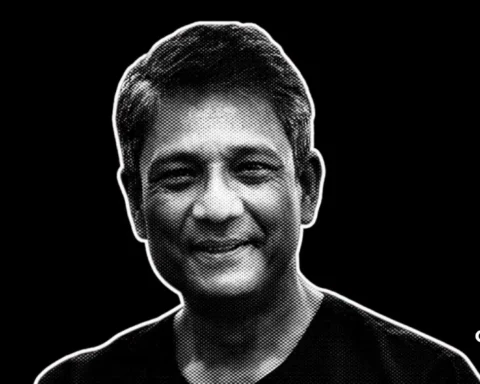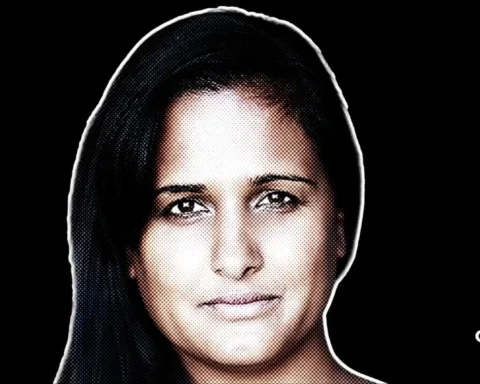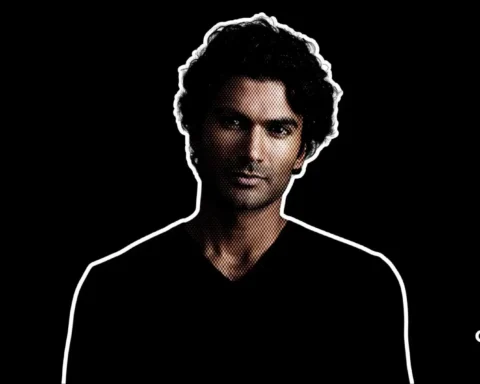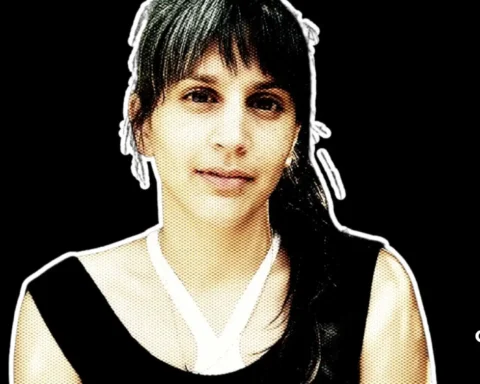Dr. B. R. Ambedkar, who is commonly regarded as the father of the Indian Constitution, plays an incomparable role in the history of India as a leader who planned the foundation of the country with a constitution and a basic legal system. Aside from writing the Constitution, his unwavering devotion to social justice, equality, and the principles of democracy laid the groundwork for the emergence of a modern and inclusive India. The life of Ambedkar is a struggle to change a caste-ridden society with strong caste lines and make it a nation where people are assured of liberty, equality, and fraternity as the citizens of a nation.
Table of Contents
Early Life and Journey to Becoming the Father of the Indian Constitution
Having been born into the marginalised Mahar community on April 14, 1891, in Mhow (now officially known as Dr Ambedkar Nagar, Madhya Pradesh ), Ambedkar was a first-hand observer of the most deplorable consequences of untouchability and discrimination. These experiences at an early age became the motivation that would make his lifetime struggle against discrimination. Well equipped with above-average intelligence and determination, he furthered his studies to high levels in some of the most renowned universities, such as Columbia University and the London School of Economics, where he acquired doctorates and qualifications that qualified him to reform India uniquely.
This incredible transformation of a marginalized background to the legal brain behind the structure of the country made him the father of the Indian Constitution. In 1947, he was appointed Chairman of the Drafting Committee of the Constituent Assembly, and made sure that the Constitution guaranteed the safeguards of all citizens, particularly the marginalized.

Architect of Social Justice and Equality
Being the father of the Indian Constitution, Ambedkar carefully inbuilt the clauses that were intended to eliminate centuries of discrimination and social injustice. He reached revolutionary changes such as:
- Untouchability was abolished and declared proscribed caste discrimination (Article 17).
- Affirmative action such as quotas on Scheduled Castes and Scheduled Tribes in parliaments and educational institutions, as well as in the public sector employment.
- Ensuring fundamental rights, including equality before the law, freedom of speech, and protection against exploitation.
- Focus on the right to education as an empowerment tool for poor communities.
Ambedkar believed in constitutional morality, which means that the Constitution must control the country’s governance above political expediency and protect the vulnerable minority.
Vision for an Inclusive and Progressive India
This vision of Dr. Ambedkar as the father of the Indian Constitution was not just limited to textual legal matters, but also to social and economic matters. He endorsed a society where democracy was not merely political, but also social and economic.
- Advancement of women’s rights, such as changes in marriage, inheritance, and property laws, with the goal of gender equality.
- Policies that favor industrialization, land reforms, and state involvement to uplift the marginalized sectors.
- The universal and mandatory education is designed to disrupt the social hierarchies.
This global view understood that political freedom was not enough without social empowerment and economic justice.
Cultural and Religious Transformation
During the final period of his life, Ambedkar converted to Buddhism and launched an attempt to massively convert the population as a way of rejecting the caste system rooted in orthodox Hinduism. The change represented his pursuit of human dignity and equality outside the legal front. His reformulation of Buddhism, presented as a rational and socially progressive philosophy aligned with modern egalitarian values, is outlined in detail by the Ambedkarite Buddhist scholarship.
Preserving the Legacy of the Father of the Indian Constitution
The legacy of the father of the Indian Constitution is still alive and breathing with different institutions and commemorations. His personal belongings and priceless contributions are preserved at the Symbiosis Dr. Ambedkar Museum in Pune, which motivates newer generations. Academic research on the work of Ambedkar is now being done in scholarly institutions all over the world, a sign of his continuous relevance in social justice movements in India and in the rest of the world, such as the University of Massachusetts and the University of Illinois.
Conclusion: Rising as the Father of the Indian Constitution and Beacon of Equality
The deep-rooted legacy of Dr. B. R. Ambedkar, the father of the Indian Constitution, continues to characterize the Indian democratic culture to date. His visionary contribution destroyed social boundaries that had existed for centuries and crafted a Constitution that guaranteed equal rights and became an inspiration for the justice and empowerment movements. In spite of being born in poverty and facing harsh social discrimination, Ambedkar lived and served as a person who gave India a vision of a more inclusive, just, and progressive nation.
His vision is the light that guides every generation to be reminded of the promise in the Indian Constitution, that together we can build a society in which every human being can be treated with dignity and opportunity, and is equal before the law. Remaining faithful to the principles of the father of the Indian Constitution implies never stopping the quest to have an India that provides freedom and justice to all of its citizens, as promised in the founding document of the Constitution.

FAQs
What is Dr. B.R. Ambedkar famous for?
Dr. B.R. Ambedkar is renowned as the father of the Indian Constitution and the main architect who developed a legal instrument that encourages social justice, equality, and basic rights of every citizen.
Why is Dr. B.R. Ambedkar called the father of the Indian Constitution?
He was commonly referred to as the father of the Indian Constitution since he was the Chairman of the Drafting Committee and made significant contributions to the drafting of a constitution that ended untouchability and assured equality and rights to the marginalized people.
What were Dr. B.R. Ambedkar’s major contributions as the father of the Indian Constitution?
Since he was the father of the Indian Constitution, he proposed several significant provisions like abolition of untouchability, reservation of Scheduled Castes and Tribes, fundamental rights, and a vision of a democratic, inclusive India.
Did Dr. B.R. Ambedkar have any role beyond drafting the Constitution?
Yes, he was the father of the Indian Constitution and at the same time the first Law Minister of India, leading to labor reforms, social security schemes, and a great social reformer and an economist.









